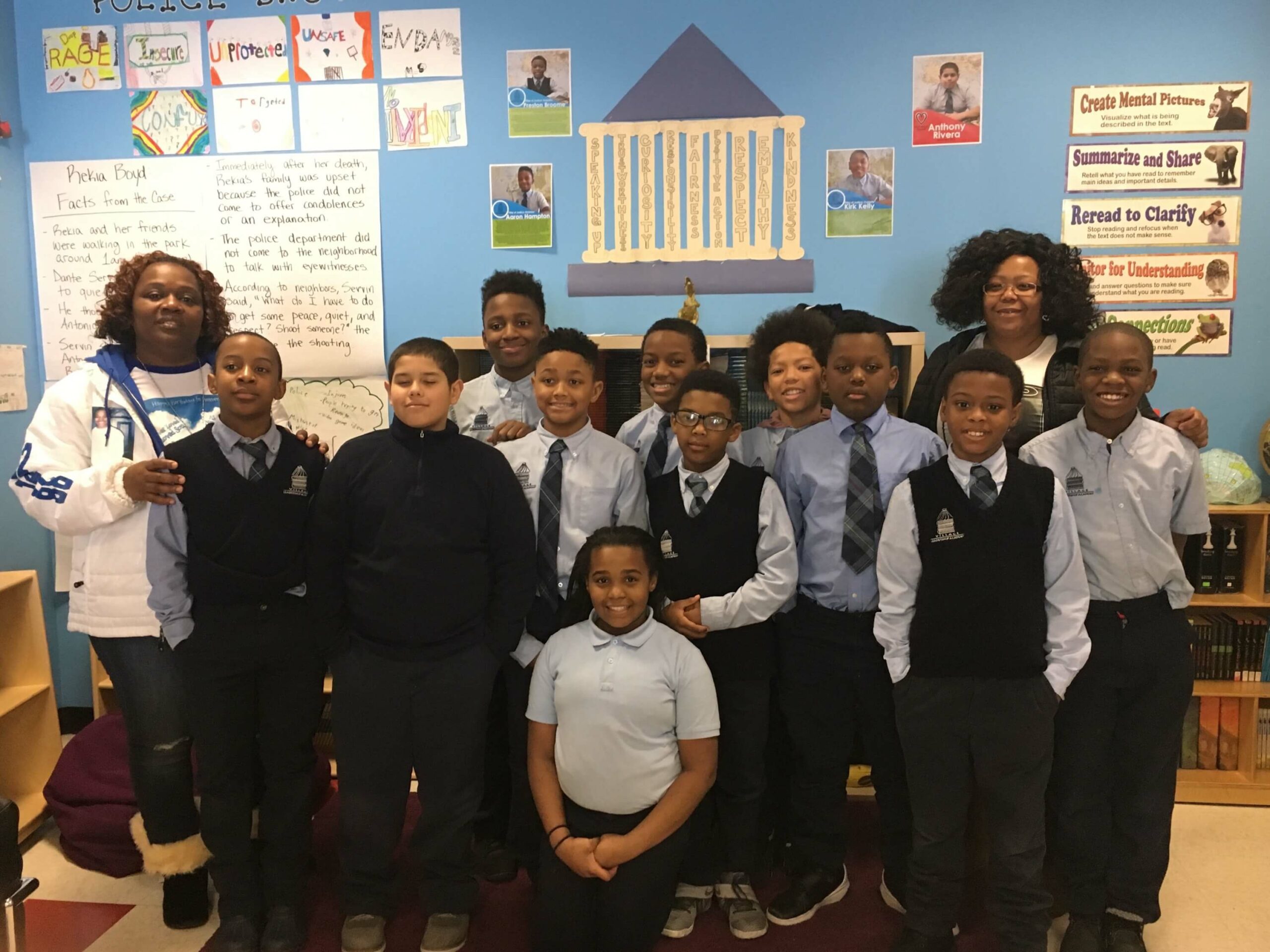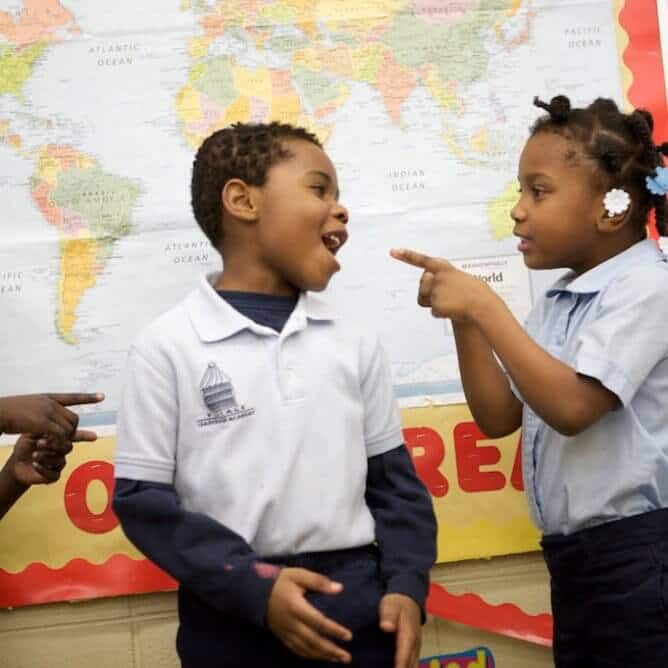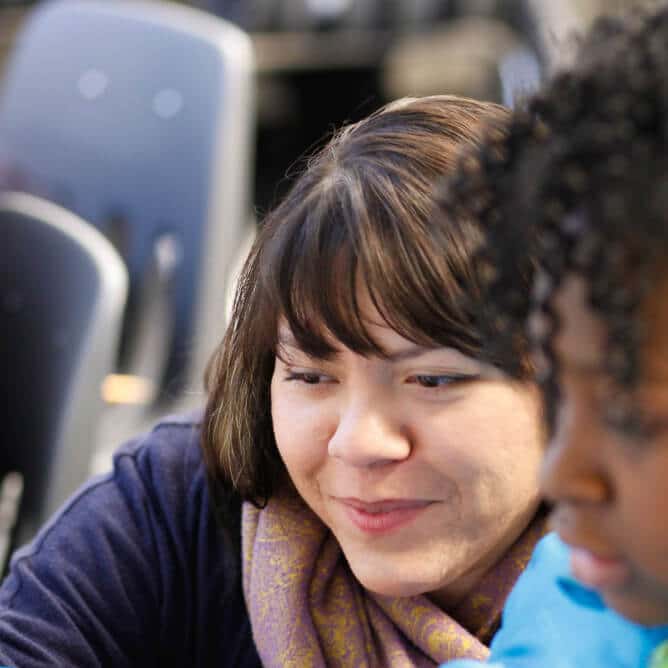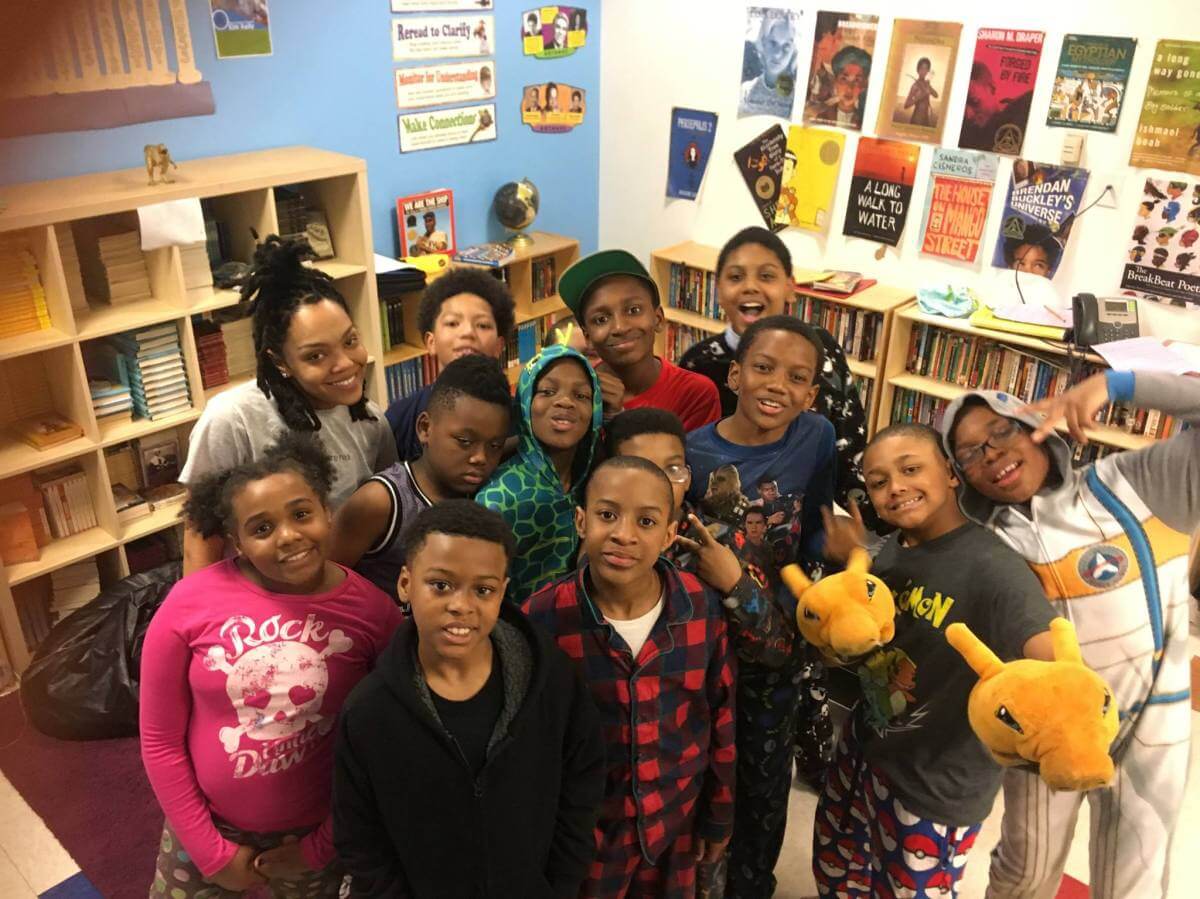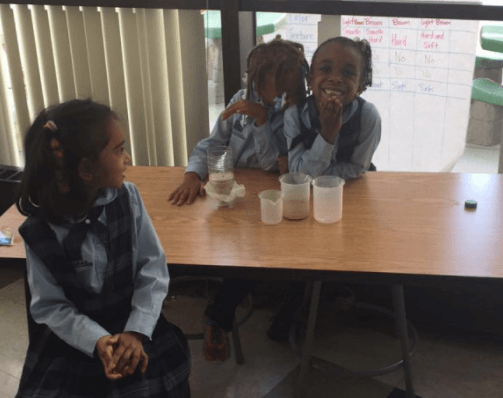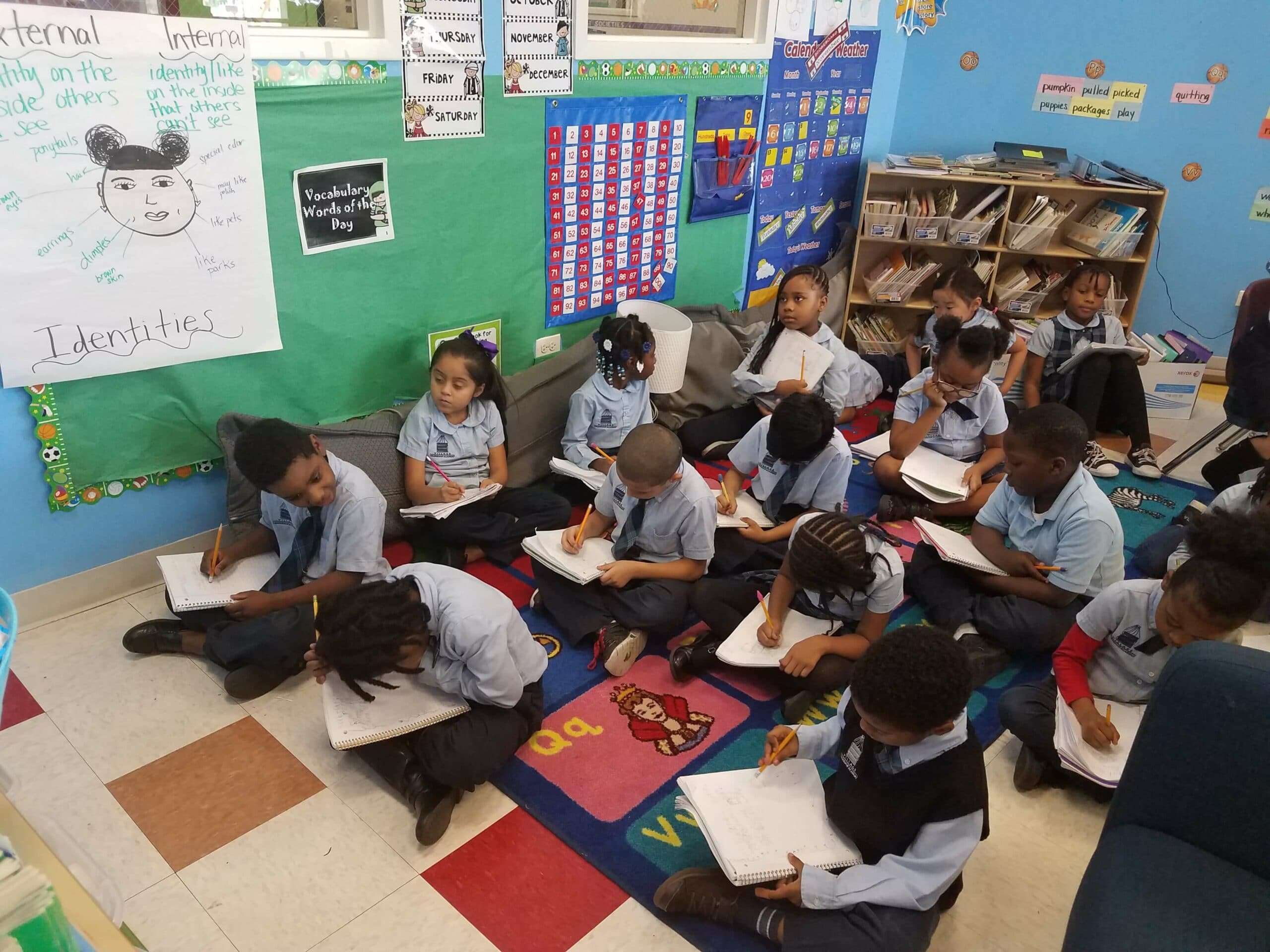Blog
What Social Studies Teachers Should Do and Think (but often don’t)
By: VLA Instructional Coordinator, Maria Wahlstrom
Quality social studies is absent from many of our classrooms. If we cannot view social studies as a critical link in a child’s sense of the world and their role in it, then we fail in unleashing their true potential as participants, thinkers, and movers of their country and world. We may prepare them for degrees, but we forget to also prepare them for the community or global leadership roles that are needed today and tomorrow: roles where they can feel proud of their literacy, math, and science skills and use them to better injustices that face people within our country and outside of it as well. We produce children who remain ignorant about the world and complacent with the way things are. We don’t allow them to truly think about the role their lives can have in making history.
I believe that this is partly a result of the lack of social justice and global awareness curriculum in our schools today. The mainstream educational system generally seems to 1) devalue critical and global social studies and 2) produce kids that “reiterate facts” versus “critically engage with facts.” By focuses on reiterating “what to think,” the current system fails to empower kids how to think.
According to the article, here are some quick highlights of the responses from public school educators on Social Studies:
• 83 percent believe the United States is a unique country that stands for something special in the world (while 11 percent see it as “just another country” that is no better or worse than others).
My take: The 83% is emphasizing complacency, which alone is worrisome. Yes, we are a country with many unique attributes (although every other country claims the same thing about their own identities), but we also should never be complacent with the way things are. There is always room for improvement and we can critically look at history and other cultures and countries to get ideas on ways to improve our service to people living in our country and our roles within this interactive world. According to this New York Times Article, many social studies curriculum boards sadly claim that teaching other perspectives in history is “unpatriotic.” However, admitting the need for improvement is not “unpatriotic:” it’s realistic. Shouldn’t we want people in our country to understand our role in the global economy and act upon areas that do need improvement in our country? We can embrace our identity, while improving it simultaneously. It should not be an “either/or” concept. Thinkers will serve our country and world more than pure admirers.
• 82 percent say it’s important for high school students to “respect and appreciate their country but know its shortcomings;”
My take: Where is the other 18%? And why is social studies only relevant in high school? I definatly think it is important to respect and appreciate our country, while noting its shortcomings. However, I would also take this idea even further. It is not only important for our students to know its shortcomings, but also to think about ways to learn and improve upon these shortcomings. Simply identifying the shortcomings is not enough. As I previously addressed, no progress can ever be made.
• 45 percent say their school district treats social studies as an “absolutely essential subject;”
My take: well then, 55% of schools are missing a crucial link in child development and opportunities for important improvement… Sad.
• 77 percent say memorizing facts and dates “still has an important place” in the curriculum
My take: It does. However, a good social studies curriculum should extend beyond basic facts. It should include critical engagement with the “facts.” Without critically engaging with history, it will be hard for students to pull real lessons and find patterns in these events. Without uncovering messages and lessons in history, it will be difficult for any student to learn from history and avoid repeating the problems that perpetuate throughout time. Students need to also investigate different perspectives in order to truly engage with history. They should know that the meaning of history can change depending on which book or viewpoint they review. We should make them aware that many history books omit some viewpoints.
In order for them to fully understand the overall messages, it is crucial for students to seek various perspectives and viewpoints of an event before coming to their own conclusions. Social studies teachers should empower their students to do that. History classes need to uncover the substance that can teach us how to seek perspectives and make better choices in our own lives, in which we respect, learn from, and live with people who seem different than ourselves.
Enroll Now
Discover a partner in the future of your child. Enroll your scholar for the 2021-2022 school year today!
